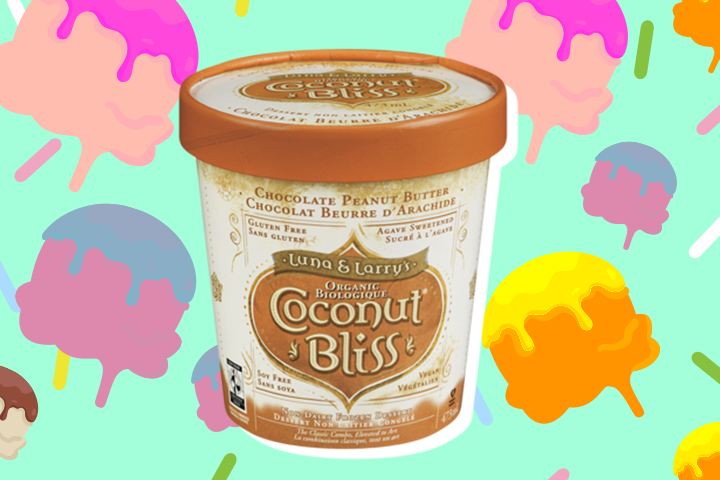

This five-ingredient recipe is low-carb, ketogenic, Paleo, vegan, and doesn’t even need an ice cream maker. Low-Carb Keto Chocolate Ice Cream by Big Man’s World Let the drooling commence! 23 Best Dairy-Free Ice Cream Recipes Avocado Ice CreamĪn ultra creamy dairy-free ice cream recipe that offers tons of flavour variations if you want to experiment. If you’re looking for a little inspiration to get you started, here are more than 20 amazing dairy-free ice cream recipes we’ve discovered around the web. You don’t necessarily need an ice cream maker to make homemade dairy-free ice cream: they whip air into your frozen desserts, producing a fluffier result, but you could easily put your ice cream mixture directly into the freezer instead. Our options are only limited by our imaginations, and as an added benefit, we can skip the preservatives often found in vegan ice creams (like the inflammatory carrageenan). But it’s oh-so-fun to make ice cream ourselves instead. In recent years, the number of dairy-free ice cream options in the freezer aisle has exploded and we’re grateful for that. Cheddar or Swiss might make safe natural treats for your pet.Summer is the perfect time to indulge in sweet, frozen treats, but for those who are allergic or intolerant to dairy ( and many of us are!), traditional ice cream is a scoop of torture. Ice cream and milk are more likely to produce digestive upset than cheddar or Swiss cheese. So, it’s probably a safe bet you can offer low-lactose (or lactose-free) dairy products to your dog. The lower the lactose content of a dairy product, the more likely your dog will be able to consume it… without digestive upset. So, can a dog eat cheese and other dairy products? Sometimes less. Now, compare that quantity with the content of whole milk… which clocks in at a whopping 11 grams. Notice how most “hard” cheeses contain only a tiny amount of lactose. Take a look at the following table. Notice how some milk products contain only a tiny amount of lactose per serving. Not all dairy products contain the same amount of lactose. In fact, many types of cheese contain much less lactose than the milk they come from. The higher the amount of lactose, the greater the risk of digestive upset. How a dog reacts to dairy products depends on how much lactose is in the food. Some milk-based foods may be easier for your dog to digest than others. If your dog tends to suffer from gas, bloating or loose stools after having dairy products, it’s far more likely your pet is lactose intolerant.Ĭan a Dog Eat Cheese and Other Dairy Foods? Unlike with digestive symptoms related to lactose intolerance, a true milk allergy is more likely to cause an immune reaction (such as itching or rash). Yes… A dog can be allergic to the protein in milk. It’s this inability to produce lactase that causes the infamous digestive condition known as lactose intolerance. Without this critical enzyme, dogs cannot digest dairy products. The animal must be able to produce its own lactase… a natural enzyme that can split lactose into two easy-to-digest sugars. The lactose these foods contain must first be split into TWO digestible sugar molecules. In order for a dog to SAFELY consume dairy products… One consisting of 2 sugar molecules that are tightly linked to each other. How a dog responds to dairy products depends on the animal’s ability to digest a specific nutrient found in milk.Ī nutrient known as lactose.

Such as gas, bloating, vomiting or diarrhea, whenever they eat these common people foods. While others experience acute digestive upset… Some dogs have no problem eating cheese, ice cream or any other dairy product.


 0 kommentar(er)
0 kommentar(er)
